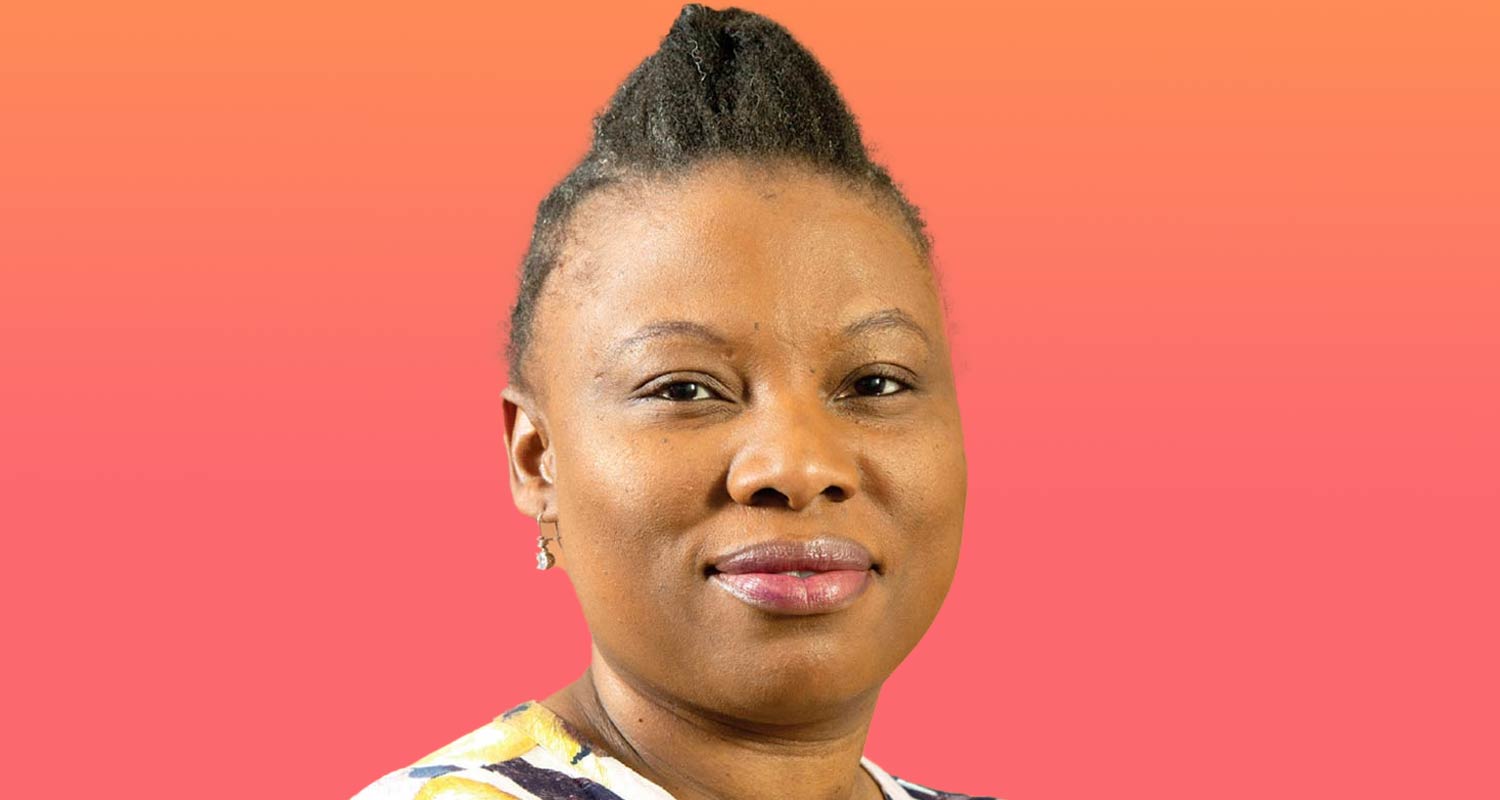
In a matter of days, South Africans will return to the polls, marking 30 years since the first election with universal suffrage, which Nelson Mandela declared to be the “dawn of our freedom”.
Our history books – and our memories for those who were there – record those iconic moments when South Africans queued for days to cast their vote. The results then took days to process as nearly 20 million votes from 9 000 polling stations were manually counted with ballot papers physically transported to counting stations.
But on Wednesday, 29 May 2024, South Africans will witness the elections unfold in real time with 27.8 million voters ready to cast their ballots at 23 303 voting stations under the watch of 202 500 voting officials.
The processing and collation of the results of this milestone election will flow into the National Results Centre at Gallagher Convention Centre in Midrand. Thanks to the reach and capacity of South Africa’s continent-leading digital infrastructure, millions of South African will transparently witness our election unfold.
This election day serves as a reminder of the importance of digital infrastructure in our society as we commemorate World Telecommunication and Information Society Day this month.
South Africa’s digital infrastructure is important for more than enabling a modern election. It powers the digital economy which is increasingly vital for the broader economy as entire sectors and industries follow global trends and digitise their operations.
4G and 5G
Next-generation technologies like 5G are swiftly being rolled out. Population coverage for 5G was at 20% in 2022; by 2023 it had surged to more than 38%, evidence of the telecommunications sector’s determination to drive the digital economy.
Meanwhile, 4G/LTE now has population coverage of 98.8%, which can easily service domestic and small business usage requirements like work-from-home, content streaming and other digital services.
With 5G, more advanced applications are made possible. For example, some network operators have already launched initiatives such as 5G-enabled smart mining. This implements solutions like proximity detection, remote monitoring, and even autonomous vehicles to enhance mining efficiency and safety.
Read: Telecoms firms disappointed in Sona speech
The Association for Comms and Technology (ACT) advocates for the industrial adoption of 4G/LTE and 5G to improve the performance of the South African economy and is encouraged to see this technology beginning to be used in South Africa’s ports. Durban harbour, for example, has been ranked in the bottom three out of 351 in the worldwide.
There are many other use cases identified with the potential to boost everything from small businesses to health.
 A study by AlphaBeta estimated South Africa could capture a potential annual economic impact of up to US$116-billion in 2030 through supportive policies that enable full utilisation of digital technologies. This would amount to 26% of the country’s estimated GDP by 2030.
A study by AlphaBeta estimated South Africa could capture a potential annual economic impact of up to US$116-billion in 2030 through supportive policies that enable full utilisation of digital technologies. This would amount to 26% of the country’s estimated GDP by 2030.
But this moment is also an opportunity to reflect on whether the conditions are ideal to unleash this kind of potential of the digital economy, especially as workforce data released recently shows that unemployment stubbornly continues to rise.
There are worrying signs that South Africa is falling behind its peers in grasping the catalytic economic impact of digital infrastructure.
For example, market penetration of the digital economy here is estimated at only 4%, while Brazil, India and China are sitting between 12% and 20%, reflecting enormous latent growth in South Africa that is just waiting to be unlocked.
This is why ACT has been lobbying on several fronts for a comprehensive policy and regulatory review conducive for the digital economy and the fourth Industrial Revolution innovation proposed by the government. We believe this will not only help South Africa’s telecoms operators but will unlock much-needed benefits for the broader South African society.
This advocacy has included, for example, arguing for the extension to the telecoms industry of the diesel rebate that other sectors deemed critical to the national interest enjoy.
Deaf ears
The telecoms sector spent R76-billion over 2022 and 2023 on solutions to make the digital infrastructure of the country resilient to load shedding to keep the economy going when the power is out, yet our calls for a rebate extension have fallen on deaf ears.
This expenditure has come at a time of severely stressed consumer spending, which has impacted operators’ incomes, and at a pivotal point at which 4G/LTE and 5G infrastructure roll-out is required following the R14.4-billion paid to the fiscus in 2022 to acquire these spectrum licences.
The current breather from load shedding is unlikely to be permanent and power supply stresses will return as economic activity improves, leaving operators to continue to foot the bill alone for network availability again. Consideration also needs to be given for the significant “sunk costs” which have already been incurred to ensure network reliability.
Read next: Telecoms industry calls for urgent government action on power cuts
We are also pushing for a complete overhaul of the outdated Electronic Communications Act that must consider the reality that the digital economy does not respect borders.
Meanwhile, South Africa is also going through a transformative transition from legacy network technology in which older 2G and 3G technologies will be phased out in favour of 4G/LTE and 5G.
 On this front, ACT is arguing for the state to take a more supportive and enabling role to allow for an industry-led transition rather than the state-directed process followed now in which the government has set deadlines to which the industry is expected to adhere.
On this front, ACT is arguing for the state to take a more supportive and enabling role to allow for an industry-led transition rather than the state-directed process followed now in which the government has set deadlines to which the industry is expected to adhere.
This approach – which is contrary to the successful transitions seen in other markets – is not enabling as it does not accommodate the realities of the consumer market, and the risks to existing communities and businesses who still rely on the older technologies and who need time and assistance to prepare for the transition.
Besides standing aside to allow an industry-led process, the government could implement other enabling actions such as reducing “luxury” import taxes for next-generation technology-enabled handsets to encourage consumer uptake. No one should be left behind in this digital era.
We are also making suggestions for other policy changes that will be enabling and supportive of the broader economy.
Among these are pushing for moves to ensure that over-the-top operators like Netflix, Facebook, YouTube or Spotify, among others, whose businesses are enabled by our infrastructure without any of the costs of it, pay a “fair share” for using it.
So, as the election approaches, it is essential to recognise how pivotal the telecoms sector is to South Africa’s present and future. By doing so, we can enable its potential to improve the lives of millions of South Africans through smart policy choices.
- Nomvuyiso Batyi is CEO of the Association for Comms and Technology whose members include South Africa’s main telecommunications operators




